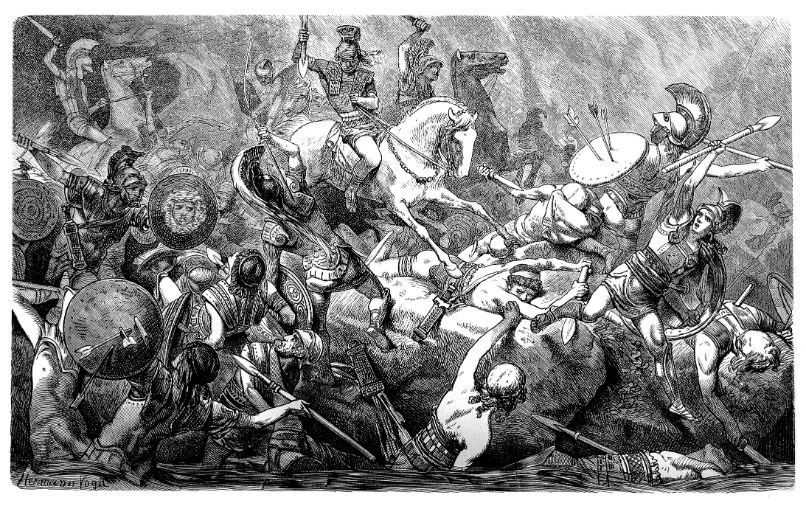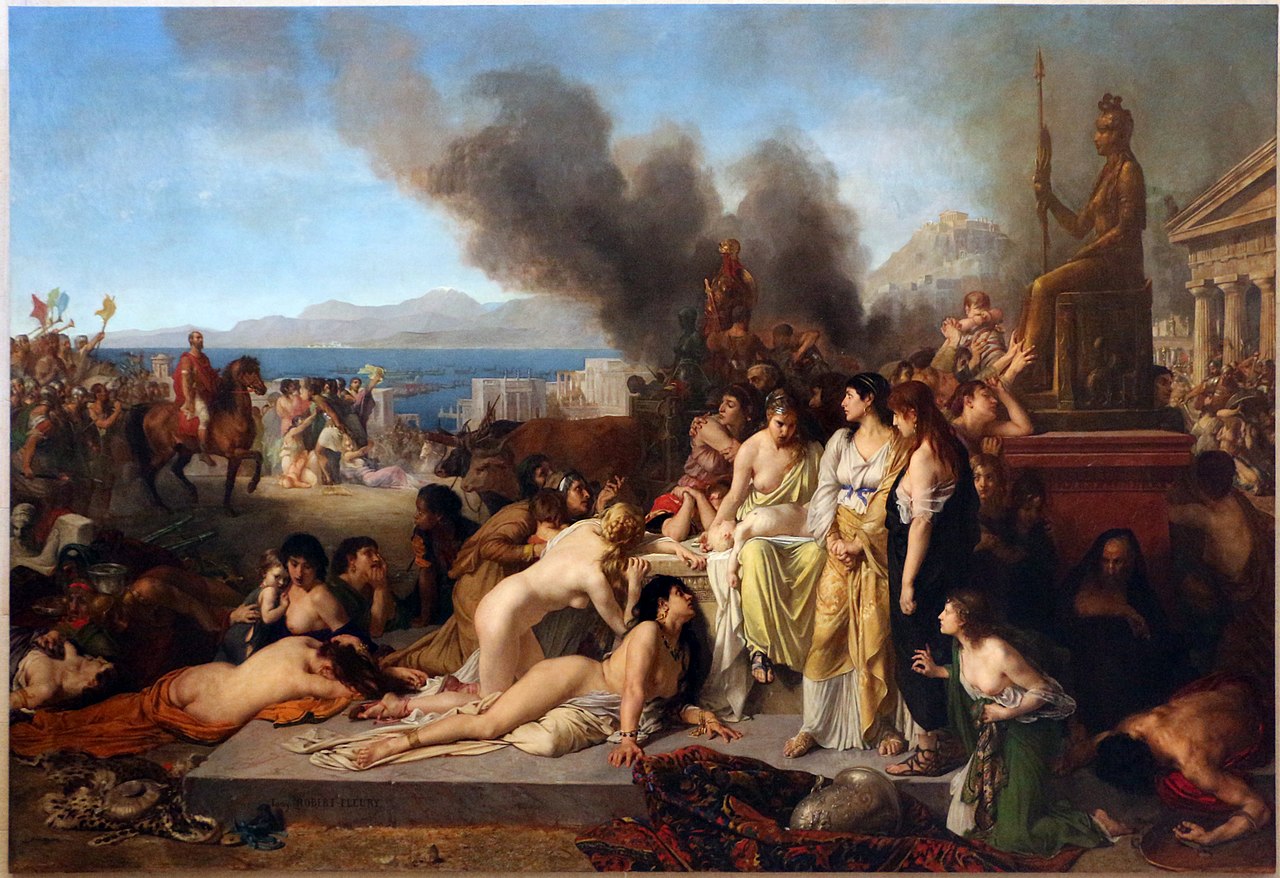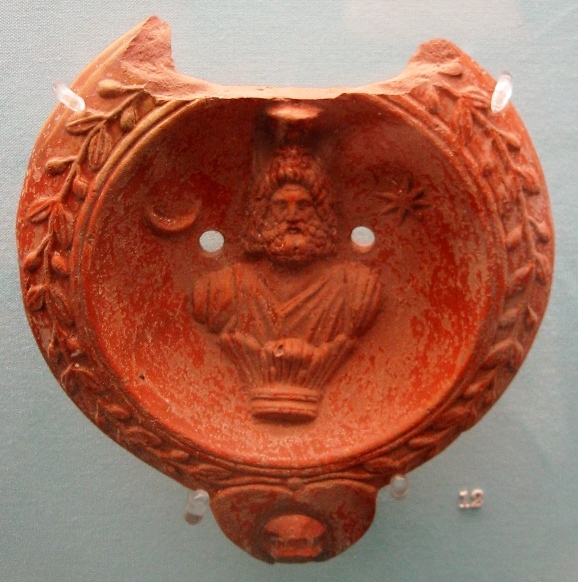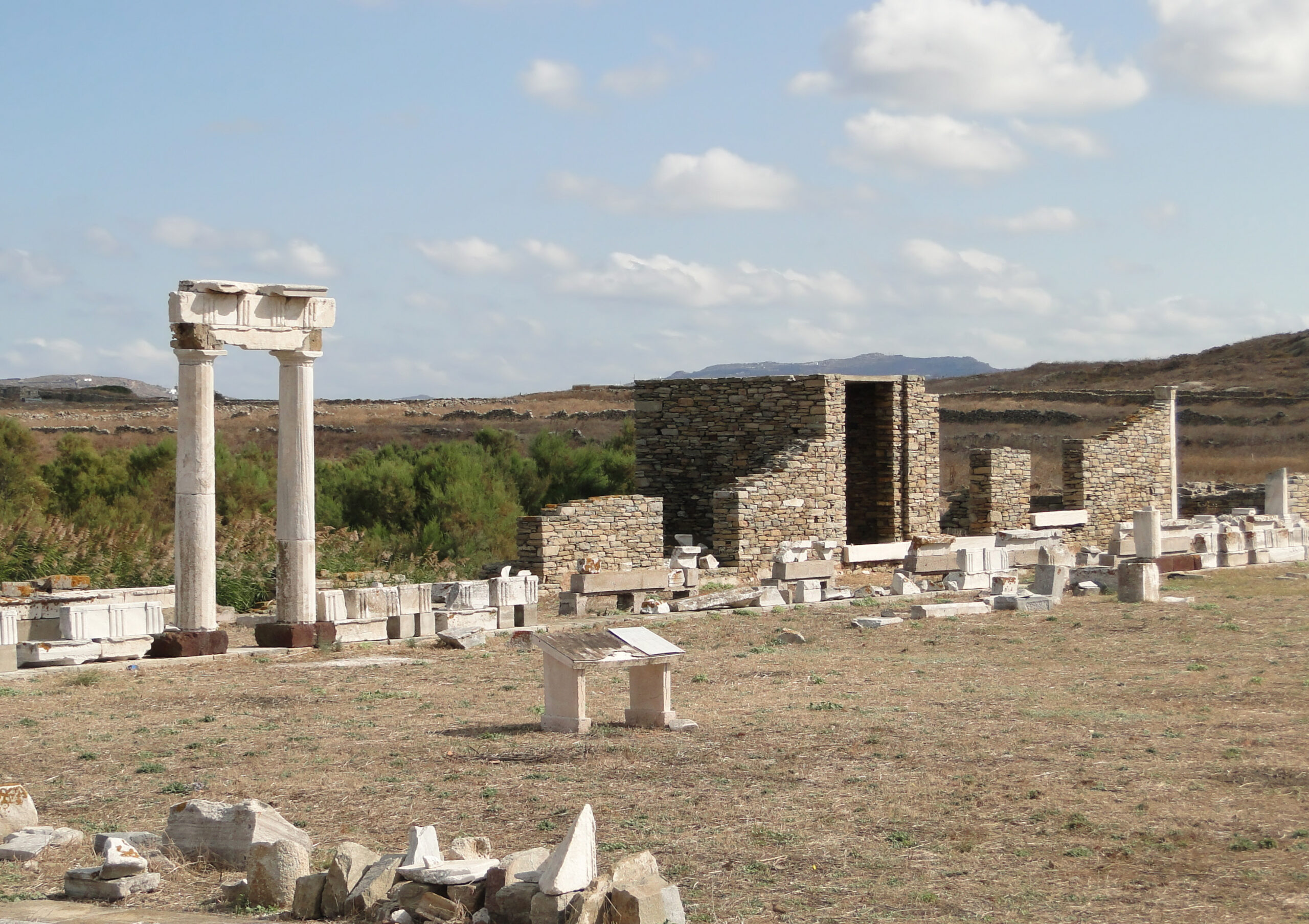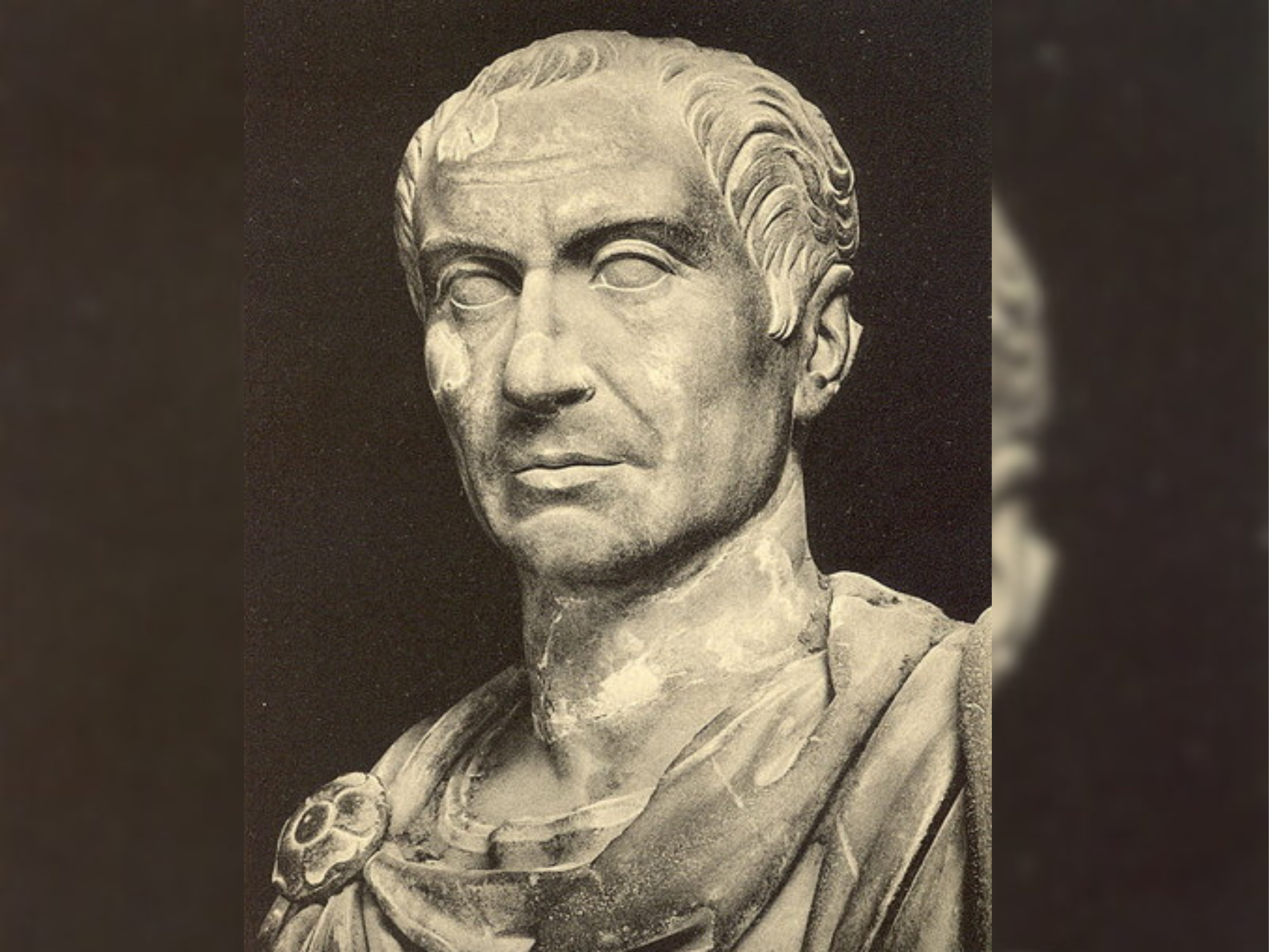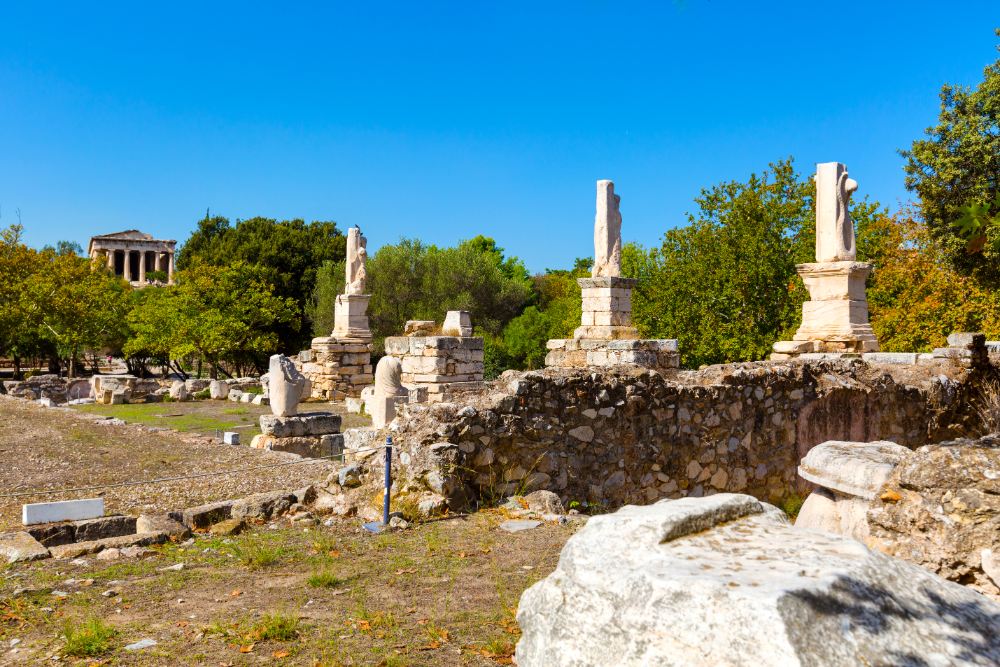A Turning Point in Ancient Greek History
The Peloponnesian War (431-404 BC) was a pivotal conflict in ancient Greece, fought primarily between the city-states of Athens and Sparta. It marked a significant turning point in Greek history, influencing subsequent political and social developments.
The war stemmed from growing tensions between the democratic Athens, which had expanded its influence through a powerful naval empire, and the oligarchic Sparta, renowned for its formidable land army. The conflict can be divided into three main phases: the Archidamian War, the Sicilian Expedition, and the Ionian or Decelean War.
Initially, under the leadership of Pericles, Athens employed its naval superiority and avoided large land battles, relying instead on its fleet to conduct raids and maintain control over its empire. Conversely, Sparta launched annual invasions of Athenian territory. The turning point came with the disastrous Sicilian Expedition (415-413 BC), in which Athens aimed to expand its influence but suffered catastrophic losses. This failure weakened Athens drastically, both in resources and morale.
The war concluded with Sparta’s victory in 404 BC, largely due to its support from Persia, enabling it to build a fleet capable of challenging Athenian dominance at sea. The defeat led to the dismantling of the Athenian Empire and the installation of a Spartan oligarchy in Athens. The Peloponnesian War highlighted the fragility of alliances, the complexities of power dynamics, and the shifting nature of Greek city-states during this tumultuous period in the Greco-Roman world. Its legacy is captured in the historical writings of Thucydides, who provided a detailed analysis of the conflict and its consequences.

